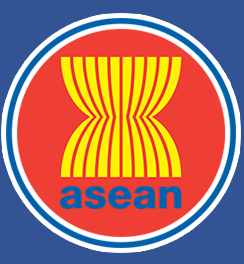ASEAN Journal on Science and Technology for Development
Abstract
The Water Quality Index (WQI) is an essential metric for evaluating the usability of surface water resources, particularly in ecologically sensitive and high-demand areas like the Panch Prayag belt of Uttarakhand, India. This region, comprising five major pilgrimage towns—Devaprayag, Nandprayag, Vishnuprayag, Karnaprayag, and Rudraprayag—faces seasonal fluctuations in water quality due to both natural and anthropogenic pressures. In this study, water samples were collected from 2021 to 2023 across pre-monsoon, monsoon, and post-monsoon seasons, and the WQI was computed using the Canadian Water Quality Index (CWQI 1.0). Results revealed that WQI values ranged from 36 to 45 across locations and seasons, with lower values during dry seasons due to increased contaminant concentrations. Regression analysis using ANOVA identified magnesium, chloride, nitrate, and fluoride as key pollutants significantly influencing WQI (F-values > 10 in some locations, with p-values < 0.05), with location-wise R² values ranging from 75.6% (Vishnuprayag) to 93.1% (Rudraprayag). Artificial Neural Network (ANN) models were employed for predictive analysis, achieving high accuracy with R² values exceeding 0.91 and Root Mean Square Error (RMSE) below 0.6. The ANN model demonstrated a strong ability to forecast WQI trends, reinforcing its potential for real-time water quality monitoring. The study provides critical insights into pollution sources and seasonal dynamics, supporting sustainable water resource management in this culturally and environmentally vital region.
Keywords
Water Quality Index, Canadian Water Quality Index, Regression Analysis, MINITAB Software, Artificial Neural Network
Publication Date
2025
Received Date
12/04/2025
Revised Date
11/09/2025
Accepted Date
13/09/2025
Recommended Citation
Sau, Debasis; Mukherjee, Indranil; Akram, Wasim; Ghosh, Kakali; Paul, Rimi; Paul, Reshmi; and Akram, Athar
(2025)
"Assessing the Probable Sources Affecting the Water Quality Index of the Panch Prayag Belt of Uttarakhand, India,"
ASEAN Journal on Science and Technology for Development: Vol. 43:
No.
1, Article 10.
DOI: https://doi.org/10.61931/2224-9028.1636
Available at:
https://ajstd.ubd.edu.bn/journal/vol43/iss1/10

